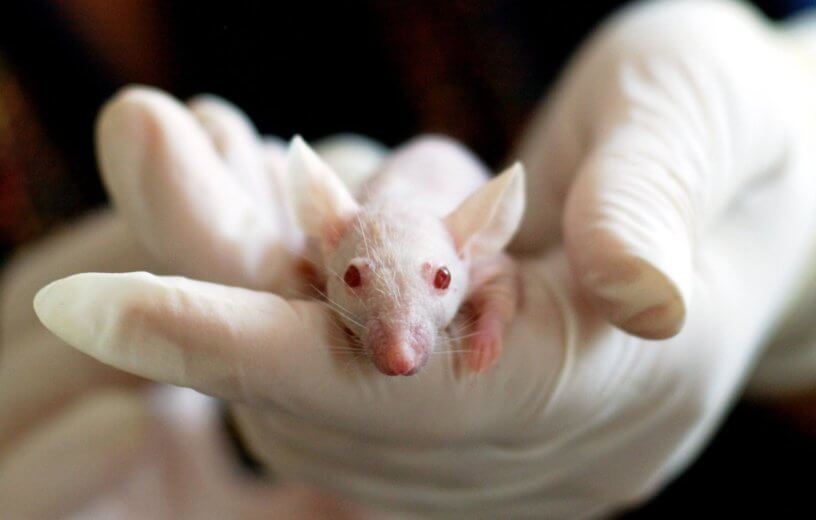MOSCOW, Russia — After a great deal of work and lots of hardship there is some good news for the scientists that are working on COVID-19 treatments and vaccines. Since classic medications are ineffective against the coronavirus, many scientists have been frantically searching for a new treatment. Nearly every new treatment or vaccine needs to be tested on animals for safety and efficacy before it can be used on humans. Scientists from the Russian Academy of Sciences and Belgorod University have started creating a type of mouse that is sensitive to the SARS-CoV-2 coronavirus.
An animal model of COVID-19 will give researchers the ability to test novel drugs and treatments for the disease. The mouse line is created using CRISPR/Cas9 gene editing technology. The scientists edit the genome of the mice so they express the humanized version of genes involved in viral entry. This way when mice are infected with the coronavirus in the laboratory, the disease will have as human-like of an effect on the animals as possible.
Researchers expect their first mice to be available as early as June 2020.

“SARS-CoV-2-inoculated mice will have a human-like pathogenesis and symptoms of the COVID-19. The key difference between a new model and the existing ones will be its biological safety – animals will become sensitive to SARS-CoV-2 only after activation in conditions of a virological laboratory. It makes it possible to nullify the contagion risk for the staff working in nurseries and non-specialised laboratories during a pandemic,” the team explains in a media release.
Previous research has already identified two proteins in human cells that are involved in viral entry. During the SARS outbreak in 2003 scientists found that the angiotensin-converting enzyme 2 (ACE2) is the main targeting sight of the “corona” type of viruses. More recent research on the SARS-CoV-2 disease shows that the enzyme transmembrane protease serine 2 (TMPRSS2) plays a key role in human coronavirus infection. Blocking the activity of this enzyme in a cell culture prevents SARS-CoV-2 from entering those cells.
Researchers will introduce the human ACE2 and TMPRSS2 genes into the mouse genome. As an added safety measure, they will require their unique line of mice to crossbreed with a special line of mice that express Cre-recombinase before the coronavirus takes effect. This will help prevent the coronavirus from spreading to laboratory workers.
“The main trick here is that this crossbreed will only happen in specialised virological laboratories, which will prevent the novel line of mice from becoming an infection ‘reservoir’ in ordinary laboratories,” the researchers conclude.
The study is published in Research Results and Pharmacology.
Like studies? Follow us on Facebook!
